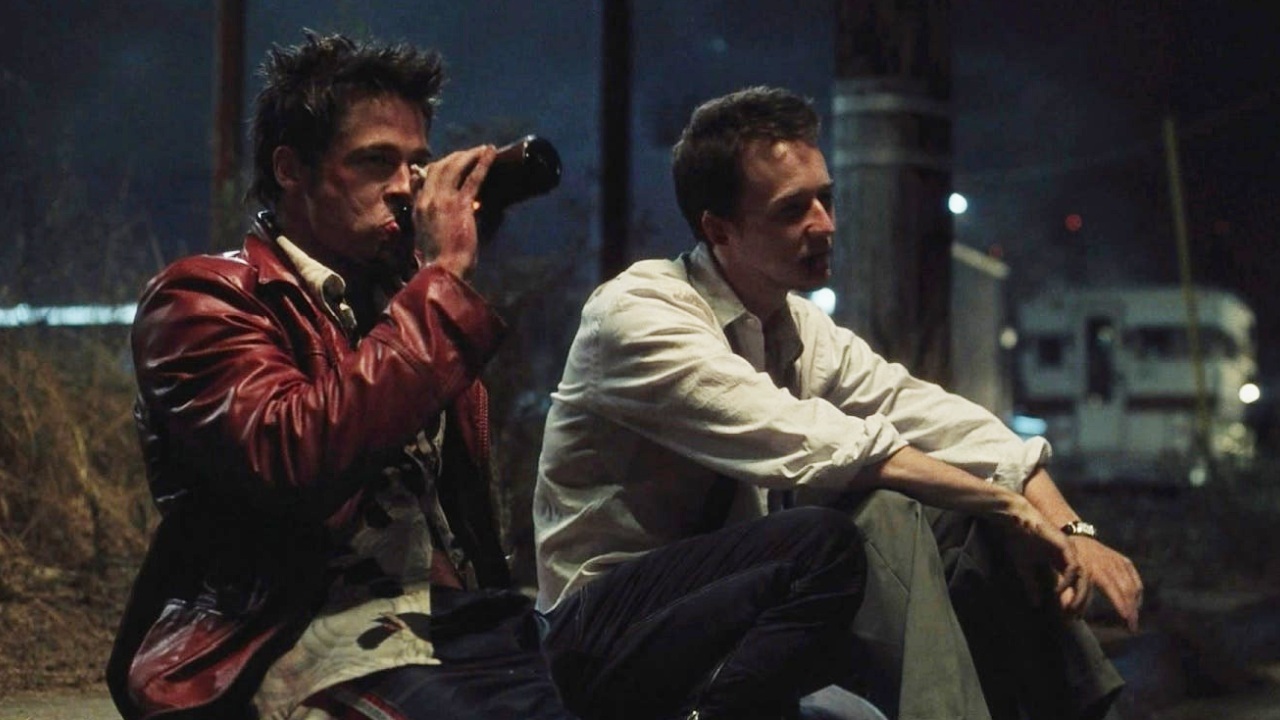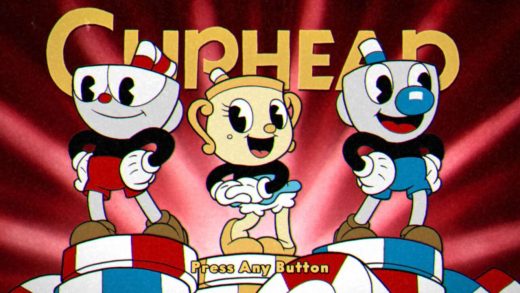
In a recent interview with The Guardian, renowned director David Fincher gave some insight into his mindset regarding fans of one of his most celebrated films: 1999’s cult hit, Fight Club. Though he’s happy audiences appreciated the film, he fears some fans–especially men–may have ultimately missed the point Fincher was trying to make with the film, as it has evidently become quite popular among self-identified “incels” and other Red Pill-adjacent male communities in recent years.
Based on the 1996 Chuck Palahniuk novel of the same name, Fight Club tackles themes of masculinity, isolation, capitalism, and rage, starring Edward Norton as a bored white collar office worker who takes a walk on the wild side after meeting an enigmatic stranger. The man, Tyler Durden (Brad Pitt), introduces Norton’s nameless protagonist to an underground society of men who deal with life’s frustrations by beating the living hell out of each other. The film’s theme is perhaps best summed up by a quote from Durden himself:
“Man, I see in Fight Club the strongest and smartest men who’ve ever lived. I see all this potential, and I see squandering. God damn it, an entire generation pumping gas, waiting tables; slaves with white collars. Advertising has us chasing cars and clothes, working jobs we hate so we can buy sh*t we don’t need. We’re the middle children of history, man. No purpose or place. We have no Great War. No Great Depression. Our Great War’s a spiritual war… our Great Depression is our lives. We’ve all been raised on television to believe that one day we’d all be millionaires, and movie gods, and rock stars. But we won’t. And we’re slowly learning that fact. And we’re very, very pissed off.”
But Durden himself–who is eventually revealed to be a figment of the nameless main character’s imagination–has become something of a patron saint for the incel crowd in recent years, and Fincher isn’t happy about it.
“We didn’t make it for them,” Fincher says of the film. “But people will see what they’re going to see in a Norman Rockwell painting, or Guernica.”
“I’m not responsible for how people interpret things,” Fincher asserted, before conceding, “It’s one of many touchstones in [the far right’s] lexicography.”

In the film, Edward Norton’s lead character (sometimes referred to as “Jack” or “The Narrator” as his name is never uttered) eventually comes to the realization that, in his attempt to live a lifestyle that challenges the lies capitalism tells society, he’s been sucked into an even more damaging ideology that, in the end, doesn’t make him feel any less angry or dissatisfied with his life. Tyler Durden is an invention of The Narrator’s mind. He’s a cooler, smarter, sexier version of The Narrator’s personality–Tyler Durden is the man “Jack” wishes he could be. But Durden is also unstable, abusive, manipulative, a chronic liar who hides behind his ideology, using it as an excuse for his actions when, in reality, he simply desires to sow seeds of chaos for selfish reasons rather than some noble higher cause.
“It’s impossible for me to imagine that people don’t understand that Tyler Durden is a negative influence,” Fincher said of the Durden-idolizers among Fight Club’s fanbase. “People who can’t understand that, I don’t know how to respond and I don’t know how to help them.”
Ultimately–in both the book and the film–The Narrator rejects both Tyler Durden and his ideology, killing Durden after realizing that, deep down, “Jack” isn’t the kind of person who wants to set the world on fire simply to watch it burn. But the film ends on an ominous note. Even with Durden (who never really existed to begin with) dead, his chaotic plan has already been set into motion, and The Narrator/Jack has come to his senses far too late to do anything to stop it. Although he’s glad the film has maintained its relevance over the decades, it seems that Fincher wants to make one thing extremely clear: Fight Club is a cautionary tale, not a how-to guide.
The products discussed here were independently chosen by our editors.
GameSpot may get a share of the revenue if you buy anything featured on our site.


